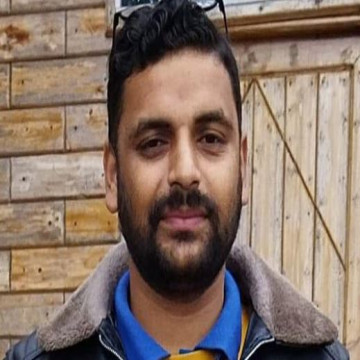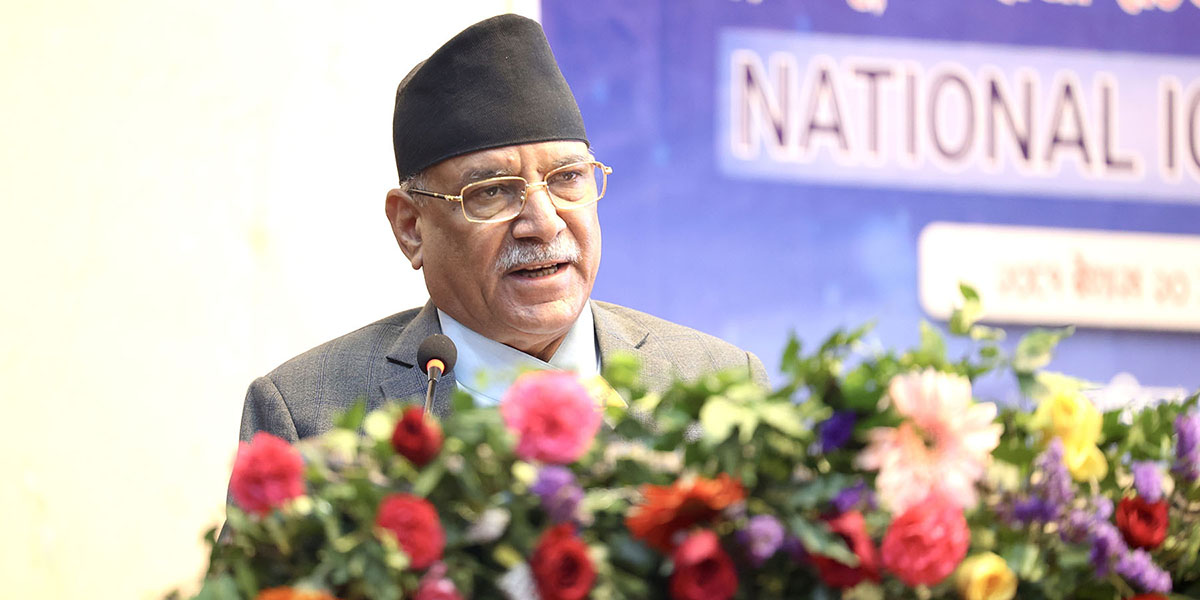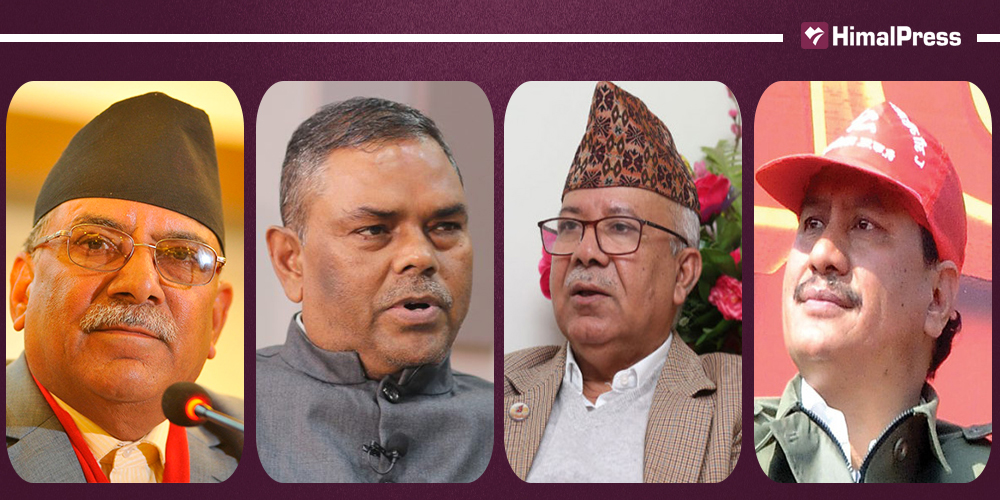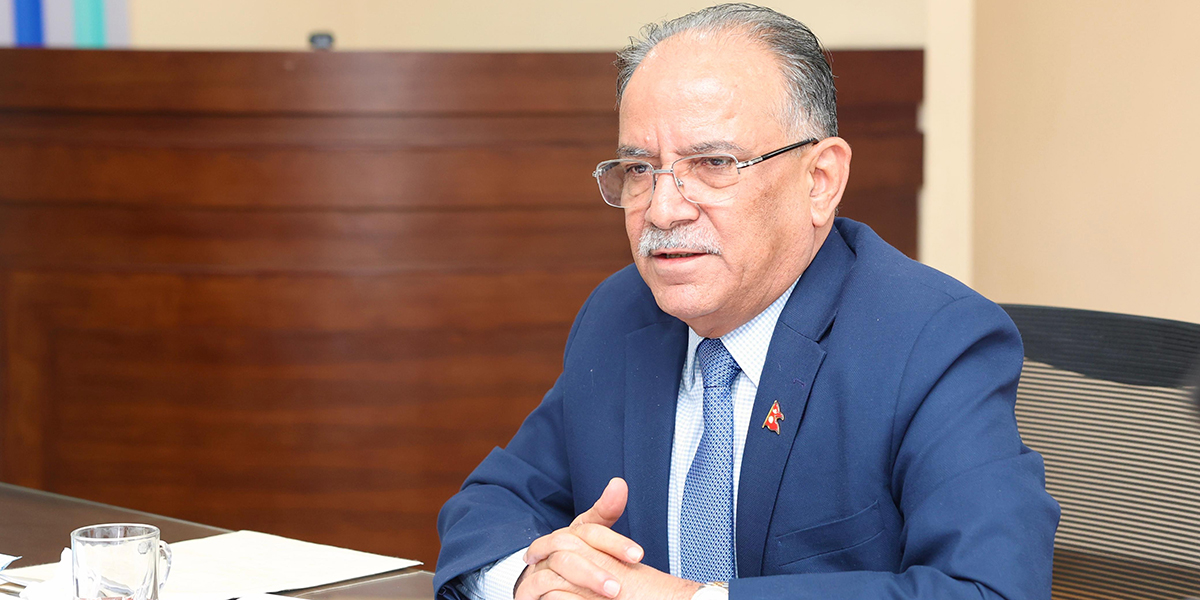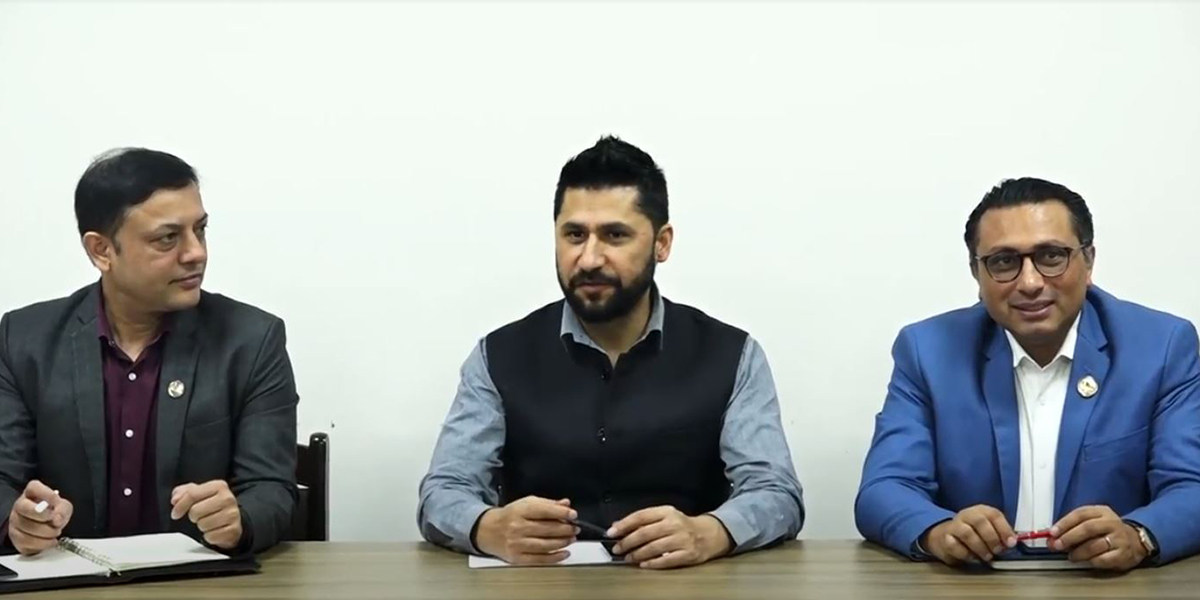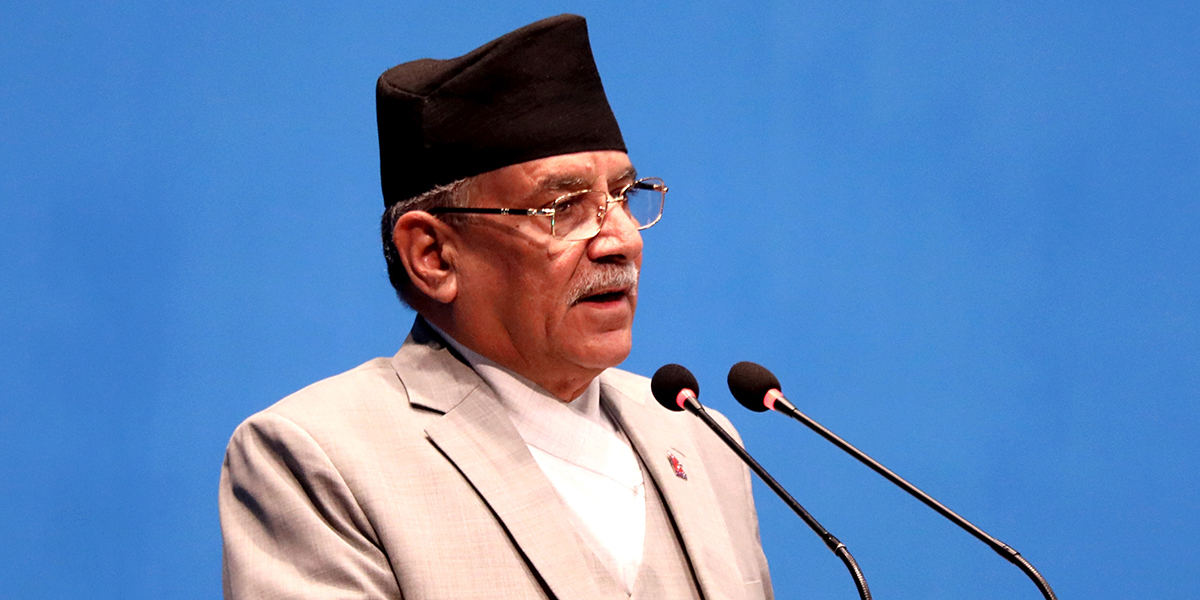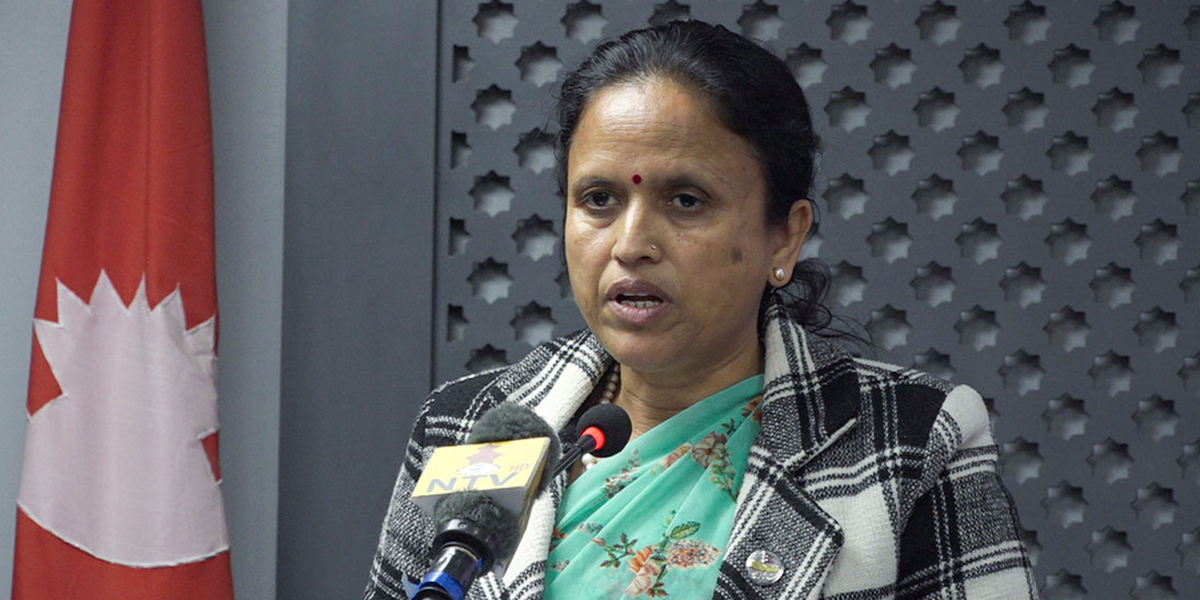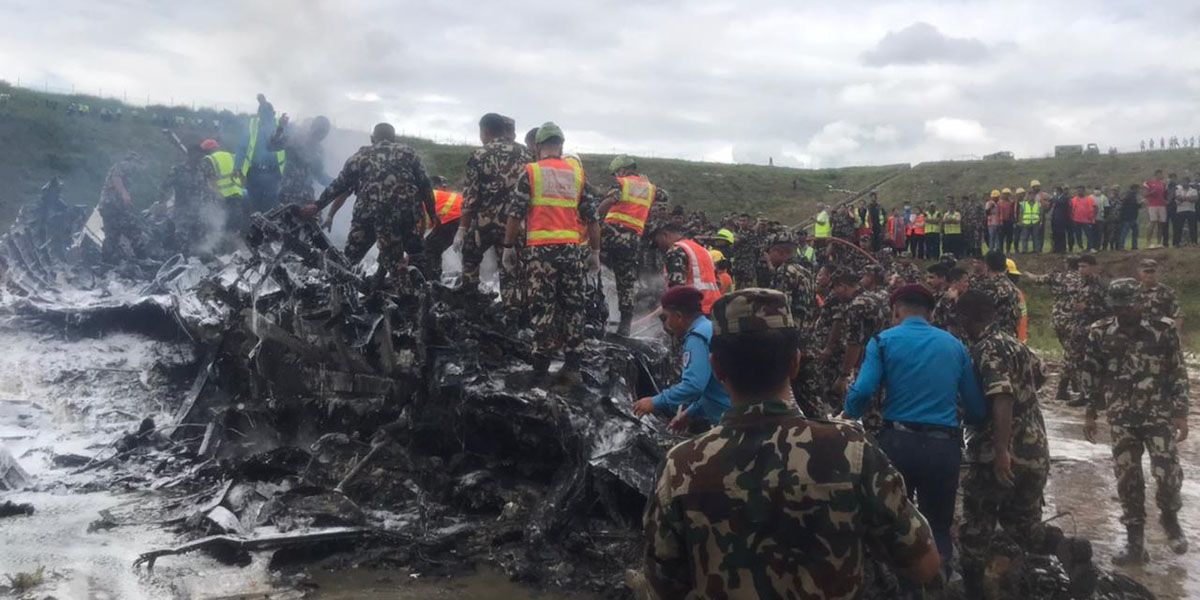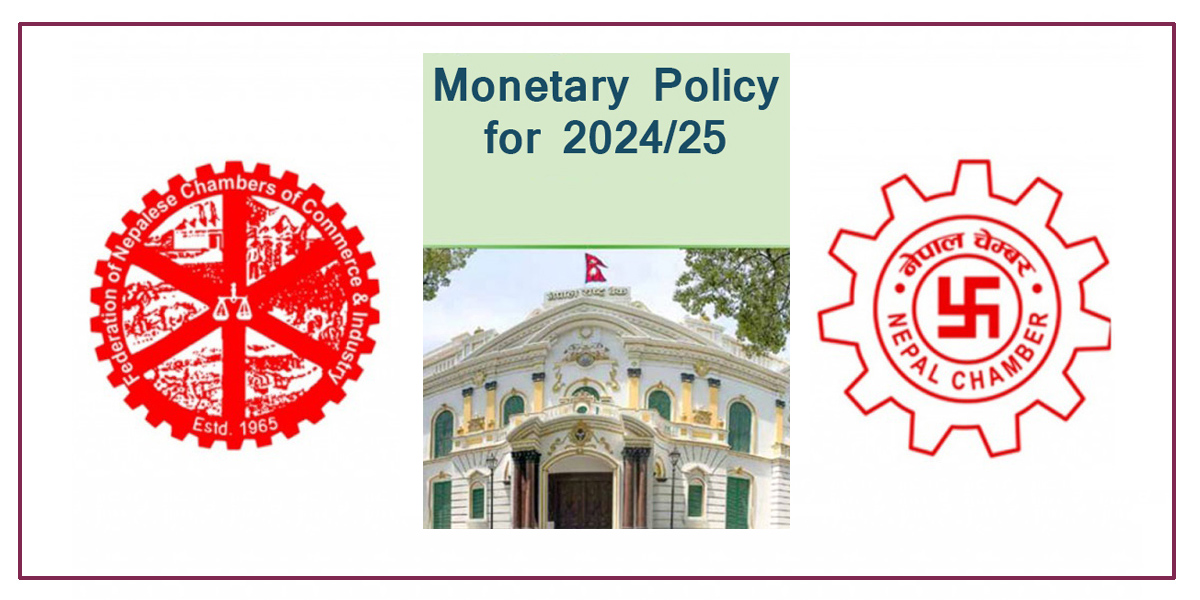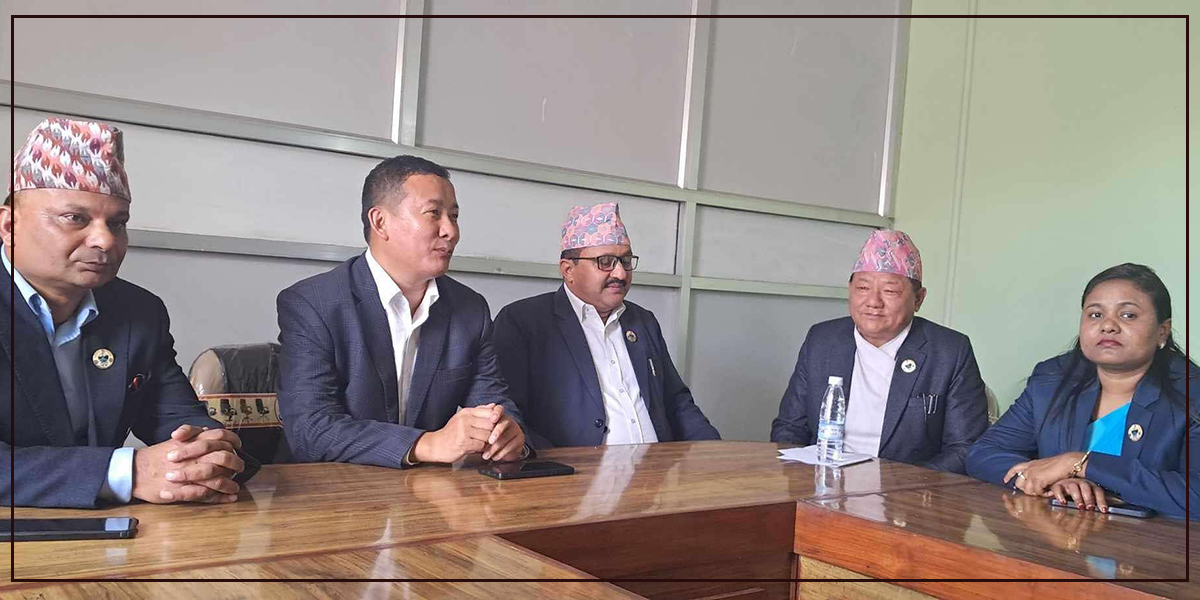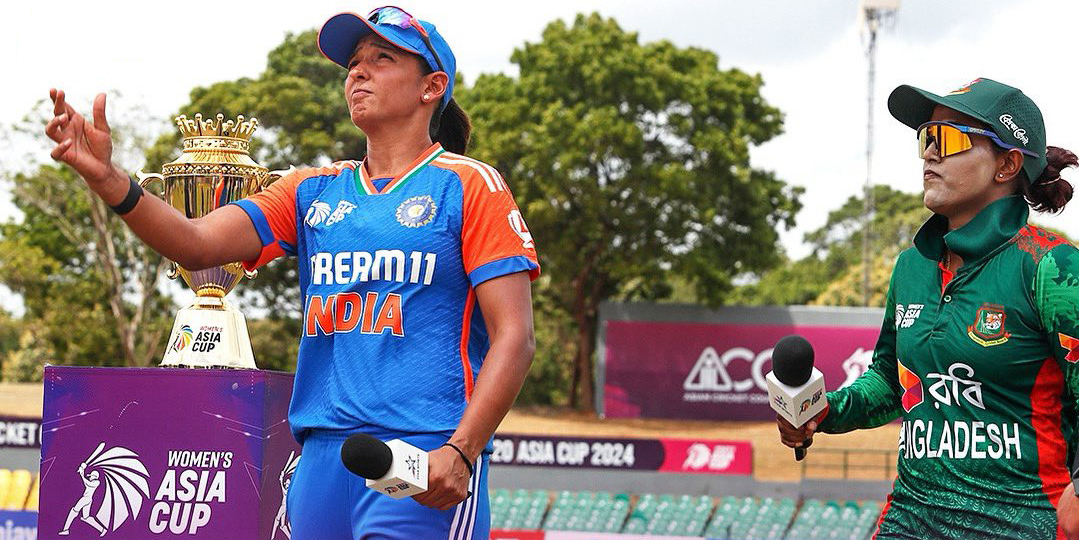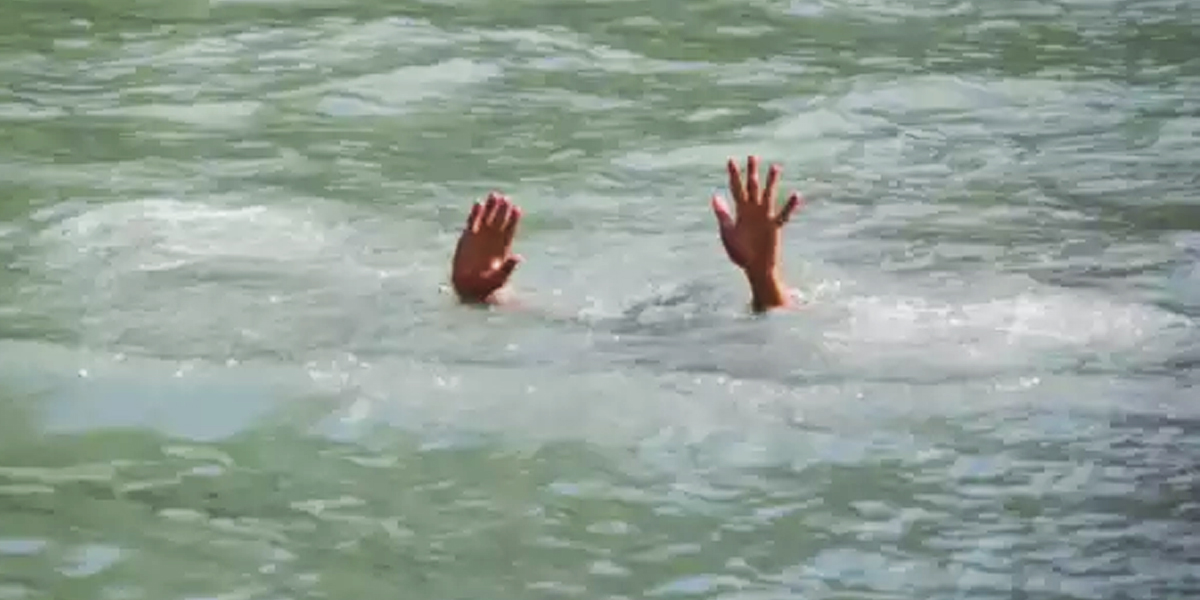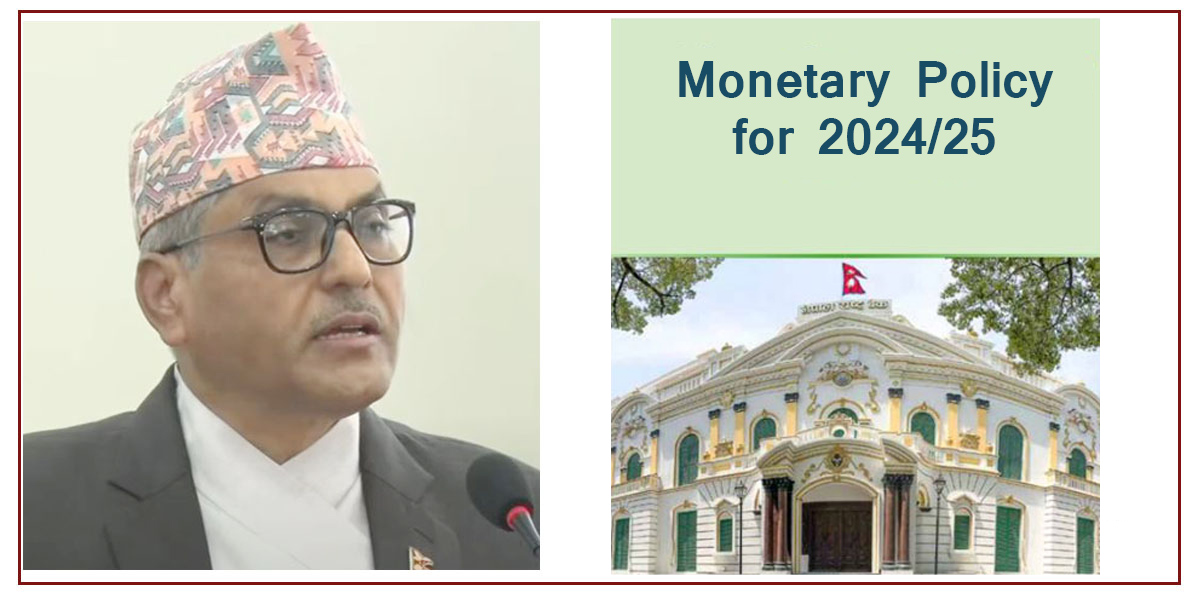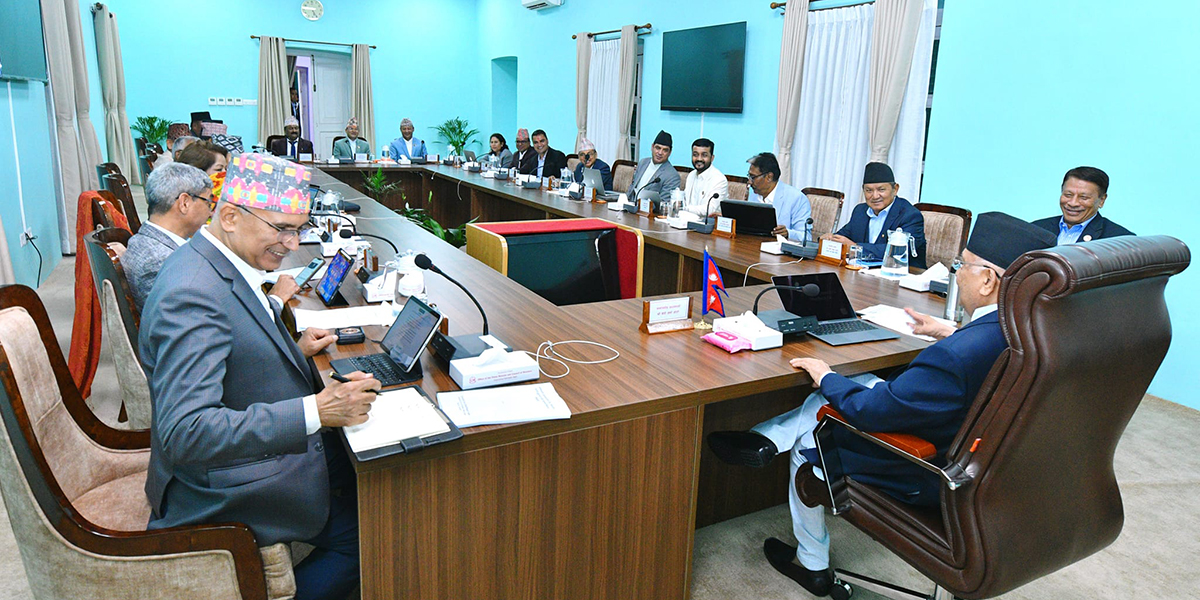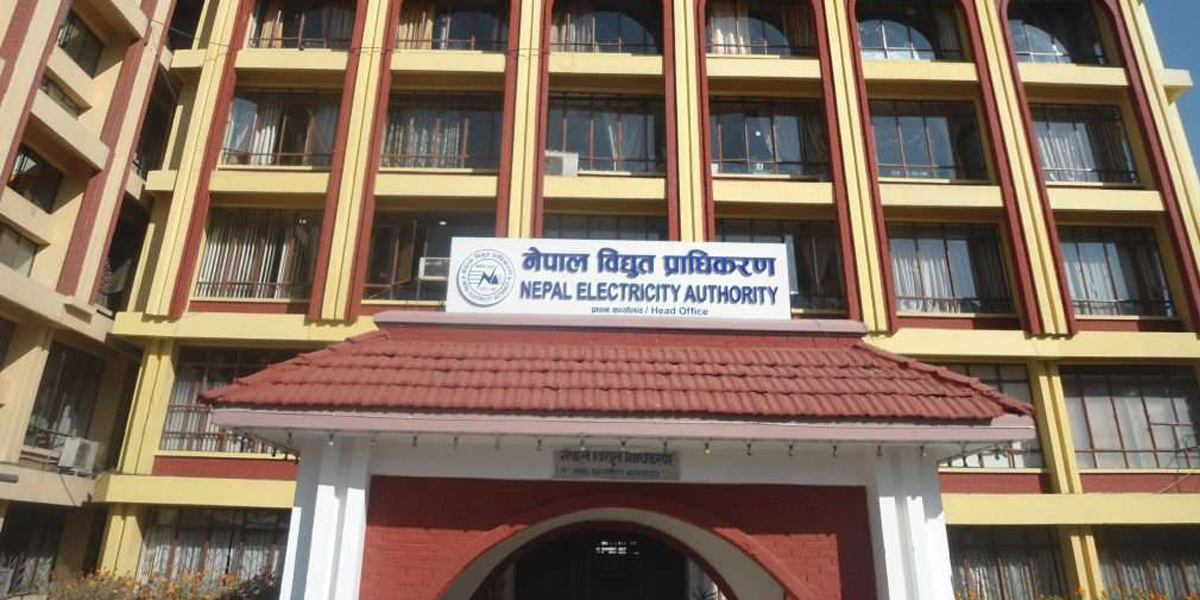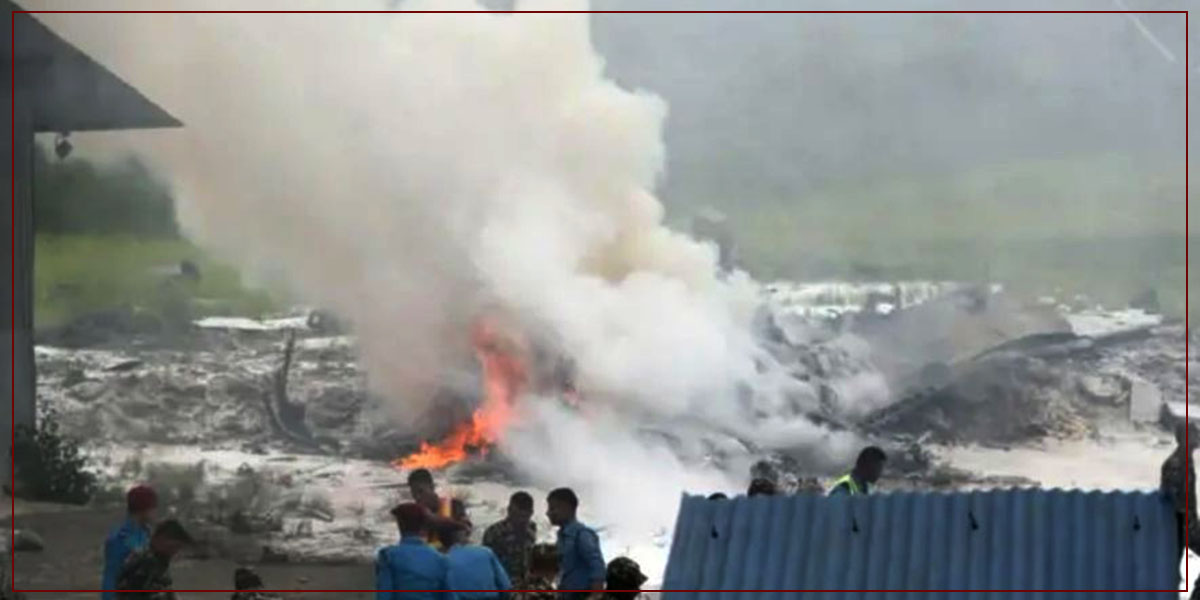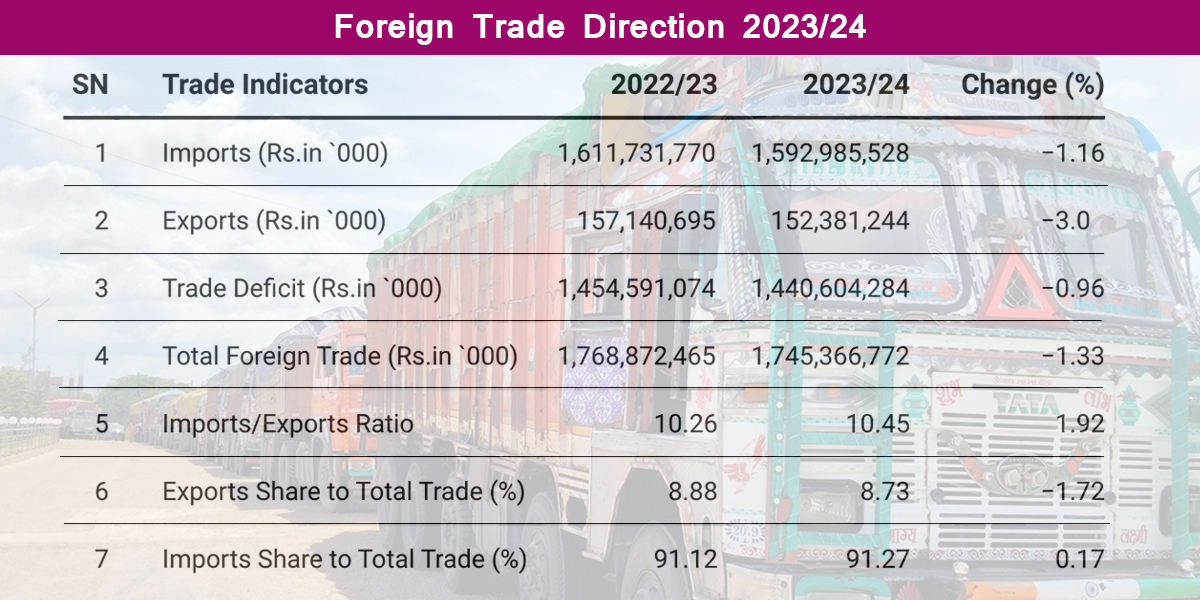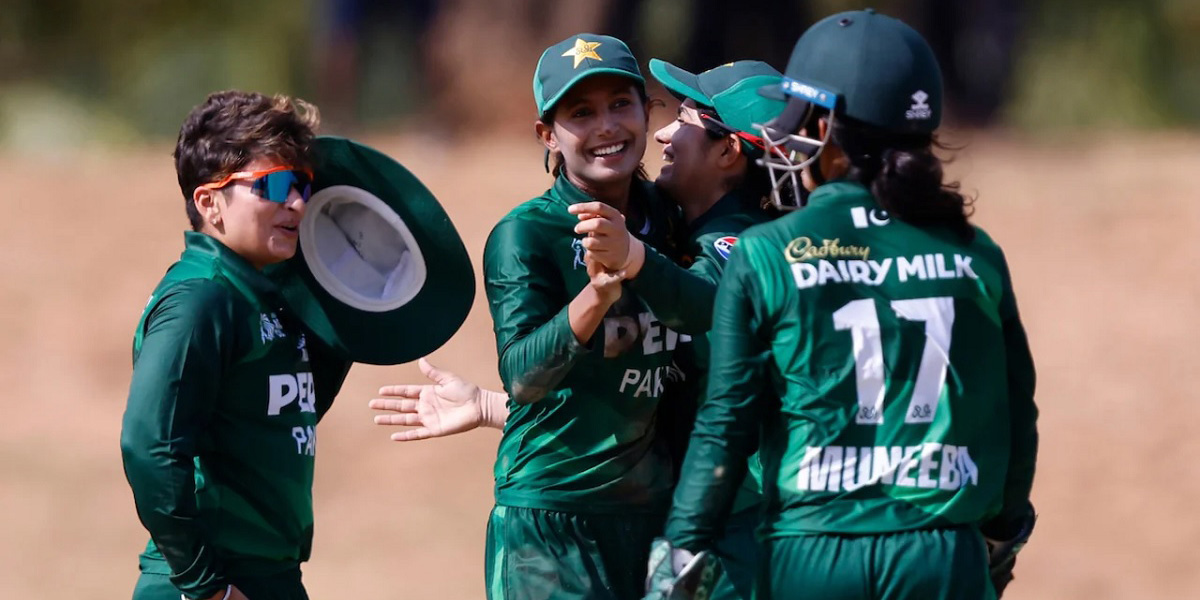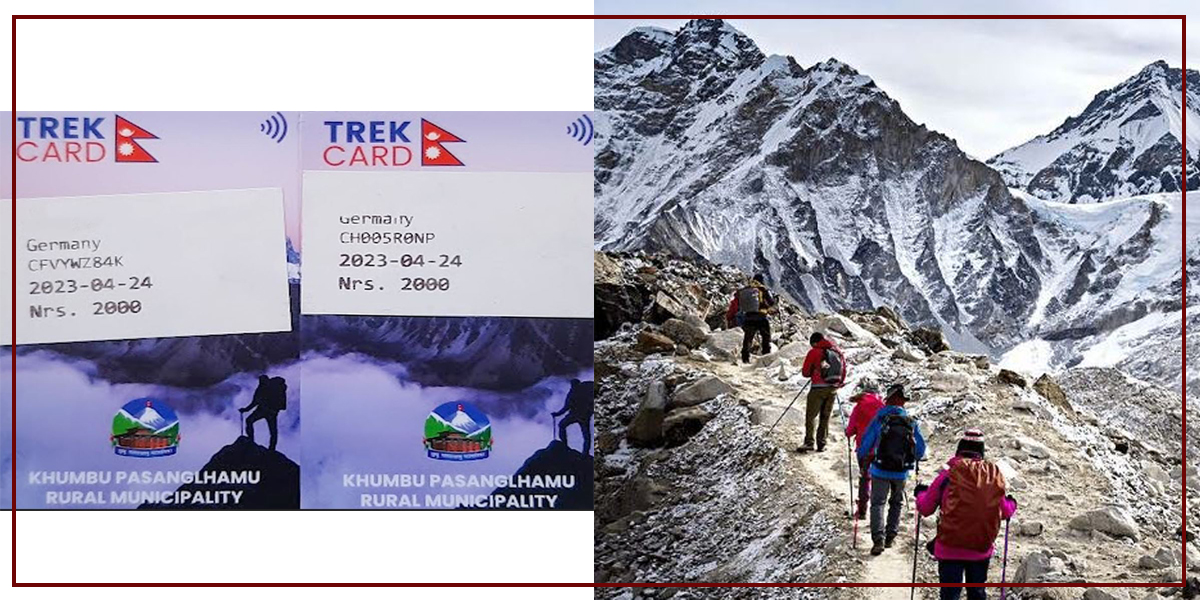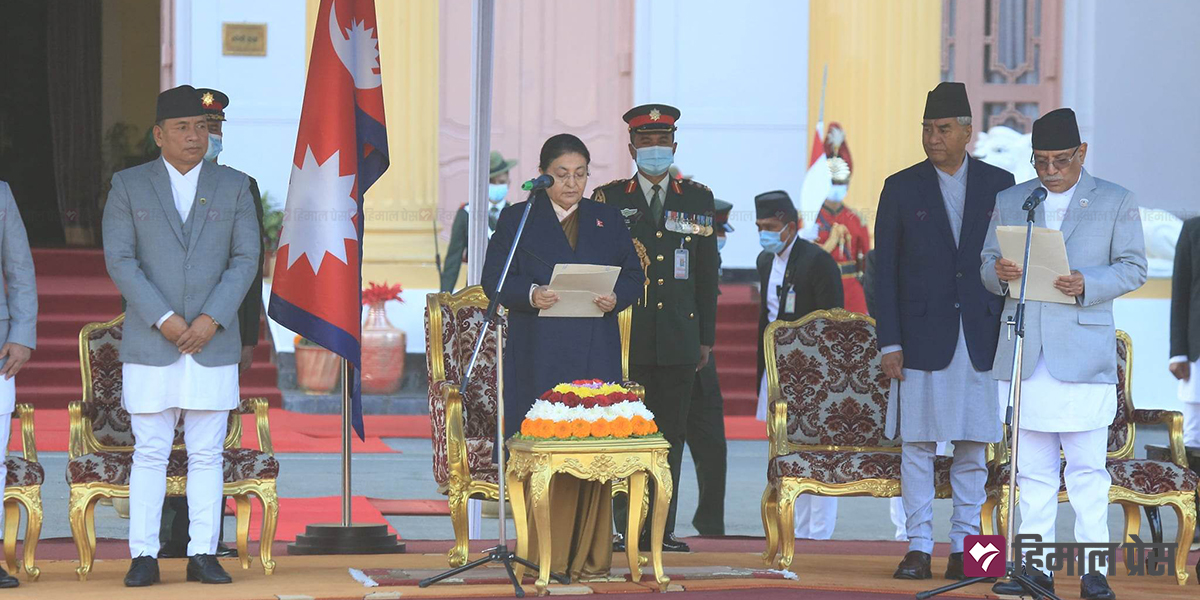 Dahal being sworn in for his third prime ministerial term. (File Photo)
Dahal being sworn in for his third prime ministerial term. (File Photo)
KATHMANDU: Prime Minister Pushpa Kamal Dahal marks his first anniversary in office today. In a trend reminiscent of his predecessors, his inaugural year has been characterized by speeches, assurances, and a continuation of the longstanding tradition of sluggish work performance.
Dahal assumed office for his third term as Prime Minister on December 25, 2023.
Analysts say the Dahal-led government has failed to make its mark in its first year. Instead, numerous scandals have persisted, echoing issues from the previous administration. However, Dahal’s term is seen as successful in one aspect: he has completed a full year in government for the first time. His first tenure – from August 15, 2008 to May 25, 2009 – lasted for 10 months, while his second term, which began on August 4, 2016, ended on June 7, 2017.
Despite leading the government as the head of the third-largest party in Parliament, Dahal has faced criticism for not effectively addressing the people’s aspirations. Analysts argue that his focus has been primarily on maintaining power.
Dahal assumed the role of Prime Minister with the support of CPN-UML after failing to garner the backing of his electoral alliance members, notably the Nepali Congress (NC). His decision to align with UML chair KP Sharma Oli, despite their strained relationship, surprised many. To consolidate support, Dahal included the Rastriya Swatantra Party (RSP) in his government, offering it one position of Deputy Prime Minister and the Home Ministry.
However, tensions between Oli and Dahal escalated and reached a peak during the presidential election. When the Maoist Center supported Ram Chandra Poudel of the NC for the presidential post, UML withdrew its support and exited from the government.
Dahal revived the NC-Maoist Center coalition. He then offered the post of Vice President to the Janata Samajbadi Party (JSP) and helped JSP Chairman Upendra Yadav get elected to the House of Representatives through the by-polls to consolidate his government. He also agreed to give leadership of the Lumbini, Sudurpashchim, and Gandaki province governments to the NC. The Koshi government has also come under the NC’s leadership now.
To accommodate the Janamat Party in the coalition, Dahal withdrew Maoist Center leader Aman Lal Modi from his cabinet. Notably, he orchestrated the formation of a four-party Socialist Front, comprising JSP, CPN (Unified Socialist), Communist Party Nepal (CPN), and the Maoist Center, as a strategy to prolong his time in government.
Dahal’s tenure has been marred by various scandals. However, the government has failed to take decisive action against the culprits. Influential leaders of political parties were arrested in the fake Bhutanese refugee scam. However, the government has not brought the investigation to a logical conclusion.
Baluwatar land grab case is another significant scandal that occurred during Dahal’s first year in office. Over 100 political leaders and government employees, including two former prime ministers, four former ministers, and the former head of the Commission for the Investigation of Abuse of Authority (CIAA) were implicated in the case. However, former Prime Ministers Madhav Kumar Nepal and Dr Baburam were excluded from the list of defendants. Nepal is part of the ruling coalition, while Bhattarai maintains close ties to the Maoists. These connections have led to accusations of bias, as they have not been implicated as defendants, fueling claims of selective targeting.
Even in the gold smuggling case, Dahal’s government faced accusations of shielding Maoist Center leaders. Vice President Krishna Bahadur Mahara and his son Rahul were allegedly involved in smuggling 9 kg of gold through Tribhuvan International Airport. The government initiated a high-level inquiry committee to investigate the gold smuggling only after the main opposition obstructed House sessions to exert pressure.
Former DIG of Nepal Police, Ramesh Kharel, said the scope of the investigation has been weakened in many cases.
“While the government appears to have taken some action in the Bhutanese refugees, Baluwatar land grab scam, and gold smuggling, it has been largely unsuccessful,” UML leader Bishal Bhattarai said. “Nothing concrete has been achieved.”
The government’s performance on the legislative front has also faced criticism. Only one law was enacted in the entire year. The usury-related law, the only law brought by the government, too was enacted after victims marched to Kathmandu to pile pressure on the government. Crucial legislation such as the School Education Bill and Federal Civil Service Bill were put on the back burner.
“It was a very disappointing year in terms of legislation,” constitutional expert Tika Ram Bhattarai said. “The government lacked accountability to the parliament.”
The government also drew flak for granting amnesty to political leaders serving prison sentences for heinous crimes like murder. Resham Lal Chaudhary of Nagarik Unmukti Party and Yogesh Dhakal, affiliated with the youth wing of Nepali Congress, were released after receiving presidential pardons.
The main opposition UML accused the Dahal government of being involved in a series of scandals and controversies. “It seems that surviving for one year is the major achievement of this government. There is no other meaningful achievement,” UML leader Bhattarai said. “The economic situation has worsened, and there has been a lackadaisical attitude toward development works.”
Political analyst Dambar Khatiwada noted that despite a change in government leadership, the old tradition of issues persisting in the government remains unchanged.

